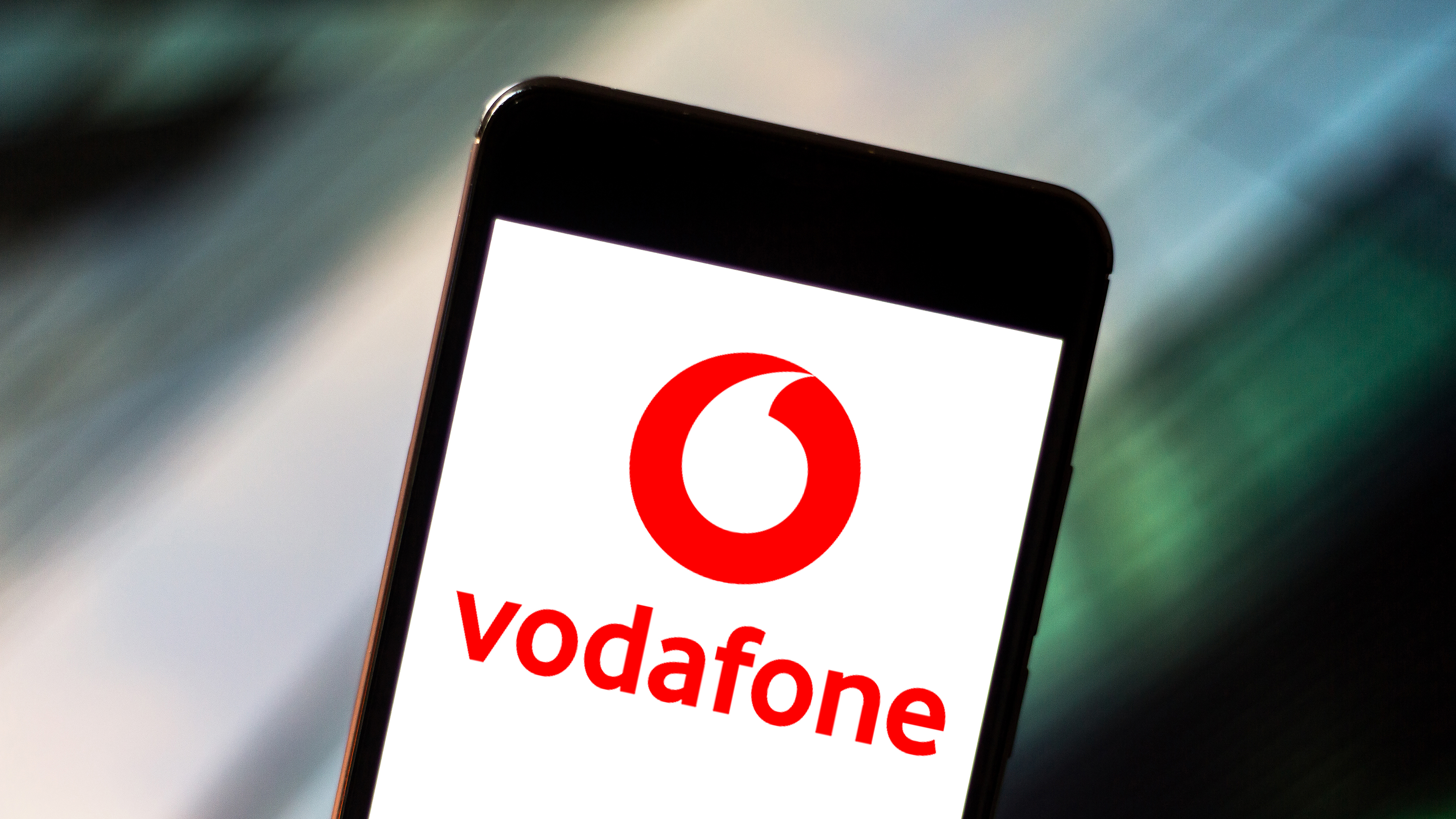Vodafone and Ericsson want to use network slicing to boost cloud gaming
5G Standalone network slicing could be great news for mobile gaming

Sign up for breaking news, reviews, opinion, top tech deals, and more.
You are now subscribed
Your newsletter sign-up was successful
Vodafone and Ericsson believe slicing a 5G Standalone network does wonders for mobile gaming.
5G network slicing, as explained by Ciena’s Blue Planet, is a method of creating “multiple unique logical and virtualized networks” over a common multi-domain infrastructure.
In other words, common physical infrastructure can be used to create multiple networks with unique use cases such as, for example, mobile gaming.
Satisfied testers
In their test, Vodafone and Ericsson split gamers into two categories - one playing a cloud-based mobile game on a smartphone using a simulated public network like the ones we use every day, and the other one using an isolated 5G Standalone network slice, optimized for cloud gaming. In the first group, two-thirds (63%) ranked their satisfaction between 0-5/10, with 13% ranking it 8/10 or more.
They were mostly frustrated with loading times, sound and visuals being out of sync, and the dreaded lag. In the second group, the companies claim, almost everyone (88%) was super satisfied with their experience (8/10). Loading times were cut, graphics rending was smoother, lag was reduced, and so was jitter.
Numbers-wise, the two companies claim gamers experienced a 270% increase in download and upload performance, a 25% decrease in latency, and 57% less jitter.
For quite some time now, Vodafone has been working on merging with Three UK, another major telecommunication provider in the UK. The deal faced regulatory concerns, as some weren’t too enthusiastic about creating a mega-telco and reducing the number of competitors in the country down to three.
Sign up to the TechRadar Pro newsletter to get all the top news, opinion, features and guidance your business needs to succeed!
However, Vodafone says that together with Three, it would be able to deliver 5G Standalone at scale, as the merged company would be able to invest £11 billion in network upgrades over the next decade. Allegedly, that would mean 99% of the populated areas in the country would be covered by 2034.
- Check out the best cheap cell phone plans
Sead is a seasoned freelance journalist based in Sarajevo, Bosnia and Herzegovina. He writes about IT (cloud, IoT, 5G, VPN) and cybersecurity (ransomware, data breaches, laws and regulations). In his career, spanning more than a decade, he’s written for numerous media outlets, including Al Jazeera Balkans. He’s also held several modules on content writing for Represent Communications.